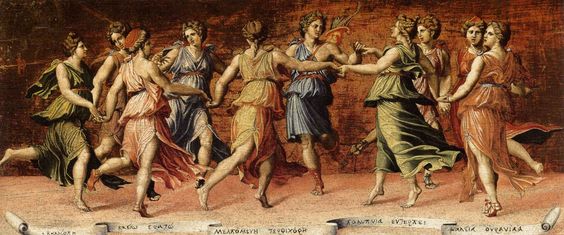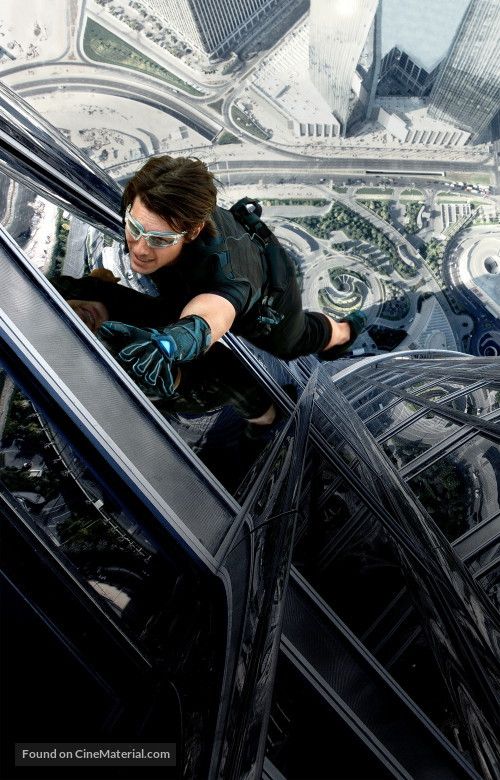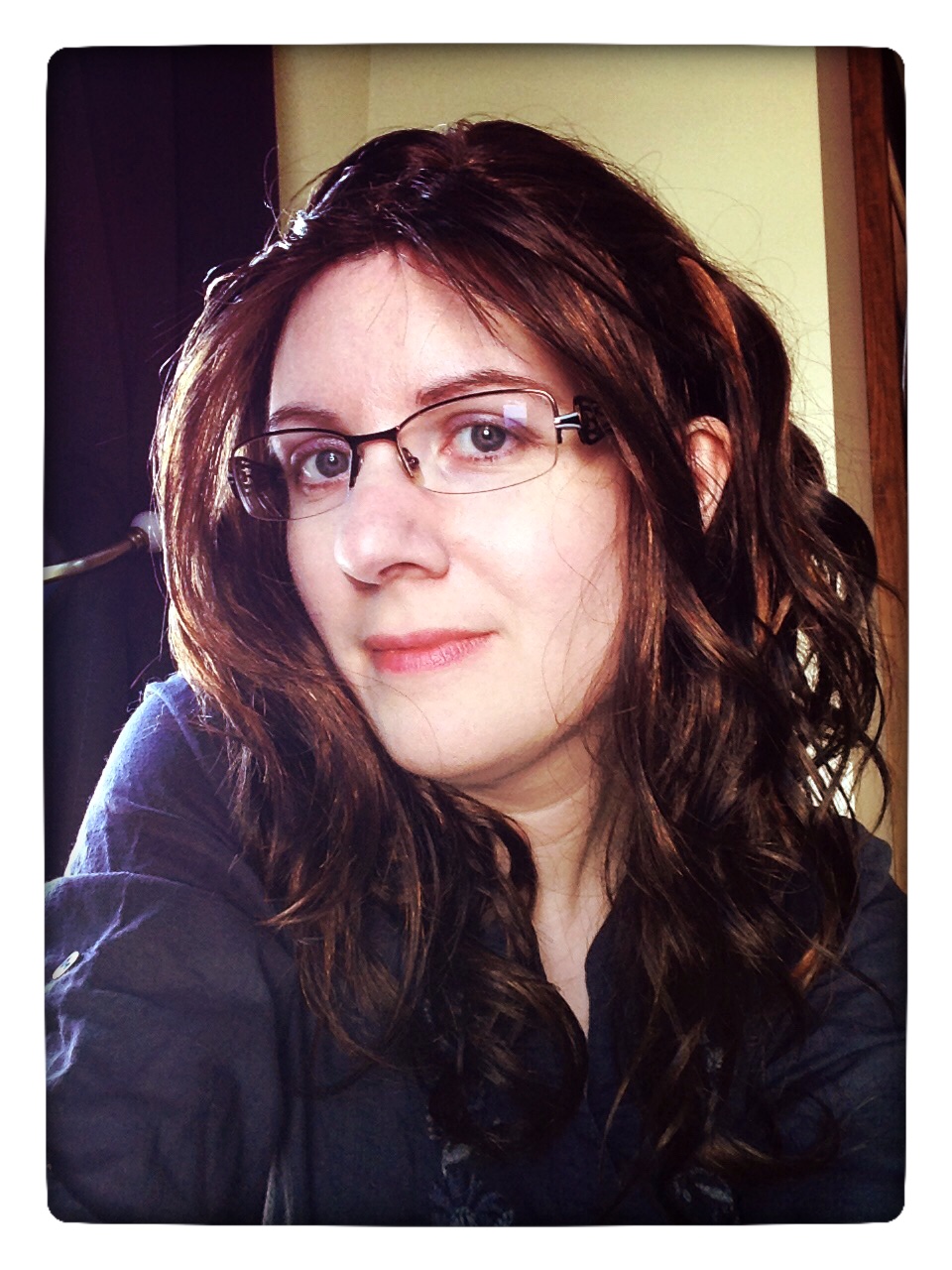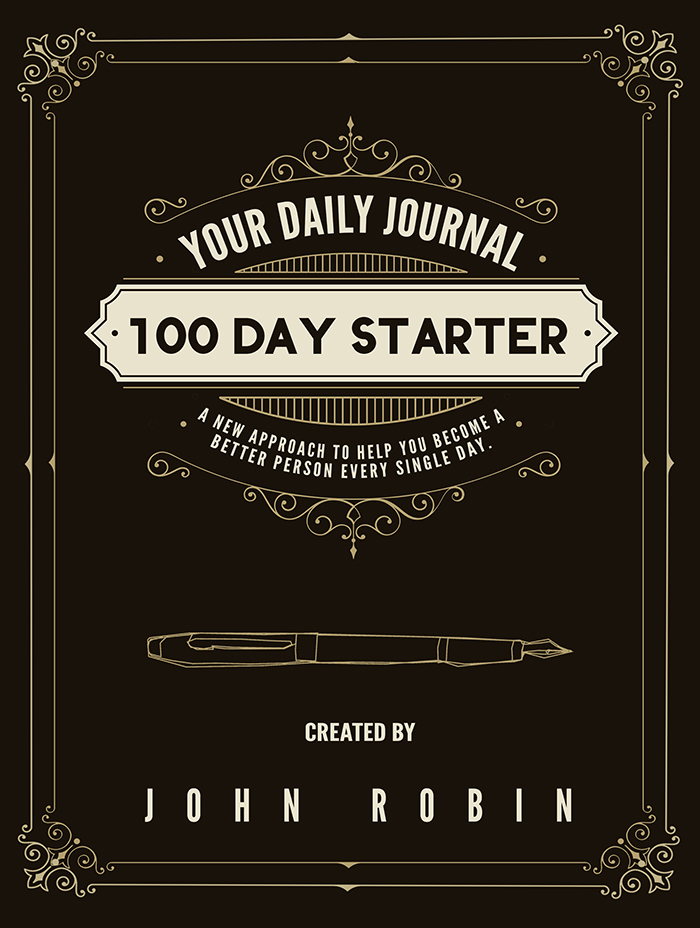Today, author Melissa Berg returns to talk about the Muse! What do you use to get inspired? Below, Melissa will call upon those mystic Goddesses to help you find your Muse, while sharing some of her favorite music. What does she use to get creative? Maybe you’ll find something new to love! Want to read more by Melissa Berg? Go HERE.

The Original Globe Theater
“O for a Muse of fire, that would ascend the brightest heaven of invention, a kingdom for a stage, princes to act and monarchs to behold the swelling scene! Then should the warlike Harry, like himself, assume the port of Mars; and at his heels, leash’d in like hounds, should famine, sword and fire crouch for employment. But pardon, and gentles all, the flat unraised spirits that have dared on this unworthy scaffold to bring forth so great an object: Can this cockpit hold the vasty fields of France? Or may we cram within this wooden O the very casques that did affright the air at Agincourt? O, pardon! Since a crooked figure may attest in little place a million; and let us, ciphers to this great accompt, on your imaginary forces work. Suppose within the girdle of these walls are now confined two mighty monarchies, whose high upreared and abutting fronts the perilous narrow ocean parts asunder: Piece out our imperfections with your thoughts; Into a thousand parts divide on man, and make imaginary puissance; Think when we talk of horses, that you see them printing their proud hoofs i’ the receiving earth; for ’tis your thoughts that now must deck our kings, carry them here and there; jumping o’er times, turning the accomplishment of many years into an hour-glass: for the which supply, admit me Chorus to this history; Who prologue-like your humble patience pray, gently to hear, kindly to judge, our play.”
~Prologue and Invocation of the Muse, from Henry V, by Shakespeare
The Muse, once thought to be nine Goddesses in Greek Mythology, which issued forth their creative flow of inspiration and creativity to the minds of mortals, were considered the forces of imagination. These ancient authors, from Virgil and Homer, all the way to Shakespeare, often called on the Muse to enact their power over their works, their stage, their actors, and even their audience. Sometimes they simply invited the muses to sing directly through them. They presided over such works that included music, epic poetry, tragedy, comedy, hymns, astronomy, history, love poems, and dance.

Who’s to say these ethereal purveyors of creativity aren’t still among us now?
In our more modern times, our contemporary muses haven’t changed all that much. We may not pray to them and ask for their inspiration, but we still invoke the need and inwardly hope that they will breathe through us their spark. That fire of creativity, which at times and left to smolder, will burn and drift through us as though of its own free will. These are the moments, as writers, as artists, we yearn for. Perhaps there is some inner God or Goddess, hiding in our subconscious. The place where frail and delicate dreams are created until they float and scatter, like drifting embers, down to the logic and grounded world of thought; here they are molded and pounded and worked into something more tangible, more meaningful, more thought provoking. They become the adventure, the parable, the message that teaches, and the epic hero’s journey, where they can even inspire and surprise their own creator. When this happens, you know you have been touched by the Muse.
Today the muse can be invoked by many things: Reading other beloved stories, the images and writing of great movies and TV series. Science and astronomy, which takes us to places so vast and unknown that we must cast open wide our imagination just to understand it, can strike that flint stone of creative energy until a roaring flame is ignited. While closer to our own and much easier to read, is the act of people watching. Whether you are just a casual observer or interacting with strangers everyday, just watching and listening can sow the seeds of character and personality types, with backstory, drama, and conflict, that later will spill forth with bountiful fruits when the time comes to bring forth a new character, even when you are unaware of it. Every person you’ve ever watched, talked to, gotten to know, will swirl among the ether and deliver a persona full of depth and life.
If a Muse shows up at your door, welcome her in with open arms and a cup of coffee (or even a glass of wine)

Mission Impossible: Ghost Protocol
Sometimes the muse will call upon us when we least expect it. I am a visual thinker, I am also an illustrator, and I have loved movies for as long as I can remember. Often I find when watching a movie that has an exciting scene, I am suddenly thinking of my own novel, and the moments that have yet to be written. I see my characters in a similar situation and start thinking about how they would handle it. And then I am already planning out the sequence and anticipating how I will write it. For instance, we were watching the latest Mission Impossible movie not so long ago—a genre far removed from epic fantasy. There is always the great heist scene where Ethan Hunt and his team must break into a high security facility and steal some kind of data that is so classified it ‘doesn’t exist’. They always manage to succeed, barely. As I was watching I was thinking: “I need a heist scene!” I already have the specific elements laid out for such a heist. My characters need to find something very important that will most likely be hidden in the vaults owned by a rich and fearsome bad guy, and the stakes are quite high if they fail. Now I just need to think of all the particulars and how it will work in a fantasy setting that doesn’t have infrared technology and cameras that watch and see their every move. Do I need said technology for my heist to work? Absolutely not, because the core of the drama and action is the story and the characters that drive it. Will they succeed? I’m not going to say… as I smile deviously.
It was movies and a few specific TV shows that really made me want to start writing—and one particular book series that I started out loving, but because it was missing something and disappointed me quite a bit at the end, I decided I should just start writing my own; just for fun, and to see if I could. That’s when I found out what the creative spark, or the muse can really do, and I was amazed. What helped me to find my ‘voice’ was my love of the Lord of the Rings movies. The opening prologue with the whispered poetic verse in Elvish, echoed by the common translation pulled me in and kept me there, wanting more. It spoke to my already poetic nature (I guess I’m a romantic at heart, but I love a good action story almost as much).[youtube https://www.youtube.com/watch?v=BhjDnrw34QA&w=560&h=315]
At the same time the TV show Battlestar Galactica was on—the new one—and I was instantly in love with the drama and conflict that drove the plots and characters. But one thing about it that was different and I loved, was the way they gave a tiny preview of what was to come right after the opening credits, flashing across the screen to the tension creating rhythms of kumi-daiko style percussion (love that too).[youtube https://www.youtube.com/watch?v=9ksn92hjgy0?list=PL3245195A385797C6&w=560&h=315]
It was these two ideas that were in my mind when I first started writing, and is why, in each book after the prologue, I have a passage of poetry that hints at what is to come in the pages ahead. I enjoy writing poetic prose, and I take the chance whenever I can in my series. By doing this, it resonates that invocation of the muse in a way, and sets the reader up for the style and voice that I write in—something very much like the style of the Lord of the Rings movies.
“Darkness lies cold and empty.
Like a shroud of despair, it hangs over all.
Yet out of the mist and shadow comes a light, shining as a star.
It rises like a beacon in the night.
Hope will be ignited,
Love will set her free.
For the way of the Prophecy has come,
and the Stars shall chart her destiny.”
~ From Prophecy of the Stars, Book 1 of The Shifting Balance
When a Muse plays hard to get. Maybe she is an introvert, don’t take it personally.
So I have my plot point, yet I’m having trouble ‘seeing’ it. My characters are standing in a blank room waiting for me to tell them what to do, how to feel, and when to act. The pieces are set, but the board has no checkered squares. This is when I need to call on my next favorite muse and that is music. Music comes from the Greek word Mousikē, which literally means ‘art of the Muses’. And it’s no wonder. What other medium speaks directly to the soul? What is as much a part of our culture as it is a part of our bodies? Our brains are wired to respond directly to music, no matter your age or where you come from. Yet its virtually unknown as to why this is. Obviously some of it has to do with social behavior, the way singing in a collective nurtures a feeling of inclusion and confidence in a group. We learn to work together more smoothly and there is less conflict or confusion; this skill would have been necessary in order to survive. It also has to do with understanding the voice, the natural rhythm of cadence, and here we can also subconsciously perceive emotion or an eminent threat. But there is an aspect of our response to music that proves it is so much more. It not only makes us want to move and pay attention, it also speaks directly to our emotion. When watching a movie, you may not even notice the music is playing, but you are still reacting to it. It’s what helps to draw out the emotion of a scene. We literally feel it. Recently I finally saw the movie Interstellar. Upon first viewing I really liked it. But once the credits were done and after the music stopped I started thinking about the story and I realized there were things about it that bothered me. I won’t get into what those things were because this isn’t a movie review, but I know why I didn’t really notice these issues as strongly while I was watching. Hans Zimmer’s score transcends the story. He makes us feel the emotion of it, even when the logic makes no sense. The amazing melodies of the pipe organ that he uses throughout makes us not care about the plausibility of the motivations of the characters because we are only thinking about the emotion. I will say, at the end it was barely enough to stretch my imagination into believing it. (Though for reasons of where my own story will delve into, I was very interested in and appreciated how they worked in the unknowns of a Black Hole and what might be at the ‘bottom’ of one—but that’s all I will say about that… smiles deviously again).
For me, music creates the visuals, and because of this, music is what I use in order to see my story about 90% of the time. My characters become more clear, I can feel their emotion, I know how they will move and can even hear them talking, crying, or raging. Every step of their epic battle moves with the drums of a great piece of music. When I need to look more closely and ‘see’ the story happen, I get back into the habit of listening to music for about an hour before I sleep. It is a meditation of sorts. The room is dark, there are no distractions or interruptions, and my mind can fully relax. The music starts and I watch the play unfold. Each piece of music will issue different emotions. I will often jump from one scene to another depending on the song that is playing. I most often use soundtrack music for the same reasons I mentioned above. I have a few favorite artists that are more mainstream and have lyrics, but I use those to visualize my story as a whole, almost as a preview or music video playing out in my mind. This helps me to get into the whole mind set of writing and invokes the mood of the scenes to come.
Here is a list of some of my favorite music that I have used for writing. Have fun listening, and hopefully you will discover that perfect Muse you were searching for:
I have recently discovered Pandora and Spotify (I know, I’m a bit behind… mostly because I had always stuck to my favorite playlists that I already owned). I have been looking for a new Muse. My series is divided into three main stories beneath the overall arching plot, and each story runs the course of two books. For Book 1 and 2, I used, quite heavily, the soundtrack to Battlestar Galactica by Bear McCreary. There are several seasons of the show, and this offered a large spectrum of emotional cues within the main character themes and melodies. Have a listen to one of my favorites, and in my opinion one of the most beautiful and breathtaking pieces ever written for a tv show: Roslin and Adama.[youtube https://www.youtube.com/watch?v=HG-Js_rMEV4&w=420&h=315]
This song literally turned into the main love theme for my two main characters. As many times as I’ve heard it, I still get goosebumps when the drums come in and the rhythm picks up. In my mind, I choreographed whole battle scenes and fights to the interweaving moods and rhythms that McCreary created for the cylon/human struggles, which changed and evolved during the course of the show.
For Book 3 and 4 I needed something a little darker. I’ve always been a fan of Trent Reznor and Nine Inch Nails. Though most of his work has lyrics, many of his albums have instrumental pieces too. Yet the subject of the lyrics works quite well for me because the words can mean different things to the listener. If I associate it to one of my main characters and their slow but steady fall into darkness, along with his feeling of helplessness in not being able to avoid that fall, songs like The Wretched and The Great Below are close to perfect for the emotion I need to evoke. A running theme throughout my story is the element and symbolism of water, and The Great Below is full of imagery and sounds that conjure a dark ocean at night, and a lost soul struggling to stay afloat amidst the darkness. If I could create a video of a specific scene, I would use this song. (This is a clip, so go ahead and get the FREE Spotify app to hear the whole song, you won’t be disappointed!)
I also listened to the soundtrack for the movie 300 by Tyler Bates. It has an epic yet dark quality to the emotion that I was looking for.
Now I am searching for something new and different for Books 5 and 6, something that has evolved and grown with the characters. I’ve been using Spotify to discover new artists and create a new playlist, and I have found some favorites. I am still using Nine Inch Nails (mostly because they have become my favorite band over the years and he is still releasing new music) but I’ve also started listening to a lot more of Hans Zimmer’s scores. Interstellar and Inception are beautiful.
The Dark Night Rises is wonderful too, and though the theme makes you think of Batman a little bit, it doesn’t nearly as much as the iconic score for Tim Burton’s Batman of 1989, written by Danny Elfman.
Other artists, like Audiomachine have proven to be almost exactly what I’m looking for.
Bear McCreary is still creating new music too. In fact his popularity has grown in the last couple of years. He has started scoring movies, and he has scored some amazing music for the Starz series Black Sails and Outlander. Outlander has a lot of bagpipes, so it doesn’t quite work the way I need, but Black Sails—an amazing show about real Pirates by the way—uses sounds and instruments from the time period with darker, and sometimes, heavier melodies that are perfect for high stakes action. Unfortunately neither Spotify or Pandora carries the Black Sails music, so I bought it, but it’s definitely worth it.[youtube https://www.youtube.com/watch?v=XFTcA4QLHw0&w=560&h=315]
(I should add here, I am all for buying music. I know a few musicians, and it’s a hard business, support them first and foremost if you can. In fact, most of the songs I have put on my Spotify playlist I actually own as well. But it’s a great tool for discovering music you won’t hear anywhere else before spending the money.) On my wish list is the soundtrack for The Walking Dead, also by Bear McCreary, but unfortunately AMC has refused to make it available anywhere. There are great moments in that score that are more ambient mood enhancing harmonies with a gritty and sometimes creepy edge.[youtube https://www.youtube.com/watch?v=IfUieg8C0dE?list=PLDNzR8kI8LlaG1sZh4gW5UjNCbL8uMtWk&w=560&h=315]
Another one that I could make a video for and really gets me amped up for writing, is the cover of Everybody Wants to Rule the World by Lorde. Her haunting voice, along with the lyrics, throws me into visions of the big finale of my series. I can see it now… so epic! I can’t wait to write it!
There are many other songs and albums that I am falling in love with, so if you are looking for some new inspiration and would like to follow my playlist on Spotify, the link is here:
As a side note: In high school I was a bit of a soundtrack nerd, it was almost a hobby of mine. I listened to John Williams or James Horner more than anything else at the time. But, that was also because the only new stuff coming out was Hammertime, Ice Ice baby, and the Humpty Dance. The radio was a musical vacuum back then. It wasn’t until my college years when awesome came back to music. I was all about grunge, and owned many flannel shirts, and then U2 came into my life with a little thing called Zoo TV and I was changed forever…
Music has that way of living with you and becoming a part of your life. It should also be a part of the stories you write, even if the reader will never know. It is probably the greatest Muse of them all.
Invocation of the Muse in Fantasy
The Hero’s Journey is a part of the history of the nine Muses, and when you choose to add to this amazing tapestry, you are already ‘praying to the Muses’ and invoking their spirit. They will be drawn to you, and will breathe into you their song. Let them in, no matter when or where they call to you, for once you get to the last page and write The End, that force of magic has alighted in your soul, you have become a part of the very spark of human nature: The need to create, to wonder, and to sing.
Bonus song:
This is the song that first got me started learning the complicated world of 3D animation using Blender 3D. I heard this and instantly wanted to use it for a trailer for my series. The song was originally written for the 80s fantasy movie Legend. This is a cover done by Trent Reznor’s side project, a band called How to Destroy Angels, and was used for the movie Girl With the Dragon Tattoo. Bonus fact: His wife is the vocalist. This song speaks to me…
***

Melissa Berg is the author of the Shifting Balance Series, which has been her passion for the past ten years. She also works as an illustrator and studied art and design at Madison Area Technical College in Madison, Wisconsin. When she isn’t writing or painting or entertaining her son, she is pursuing the art of 3D computer illustration/animation, as a side project and to feed her fascination in the ever-expanding medium used for storytelling. She currently lives in Minnesota with her husband, young son, and a crazy Border Collie.
Check out my website or join my mailing list for further updates: http://theshiftingbalance.com
‘Like’ my pages on FaceBook: https://www.facebook.com/theshiftingbalance/
https://www.facebook.com/Melissa-Berg-Illustration-334413330053966/
Follow me on Twitter: @WhimzicalMusing


I love this Melissa! You’ve acquainted me with Hans Zimmer, which I’ll be listening to as I work today. I didn’t realize he did the score for Batman v Superman. Hmm…
Thanks John! Yes, I fell in love with his music for Interstellar, so I started checking out more of his work. I knew he had done Man of Steel and Dark Knight. What I really like about it, is with the exception of a few (Pirates of the Caribbean for instance) the recognizable character themes and melodies aren’t as obvious or as in your face as they are with other composers’ work. Which makes his music more able to stand alone, and is great for writing inspiration, with just the right amount of emotion needed for all flavor of moods. ☺️
What a fabulous post, Melissa. I listen to music most of my days and do classical almost exclusively when writing. I love the selections you have here. Thanks so much for this inspiring post today.